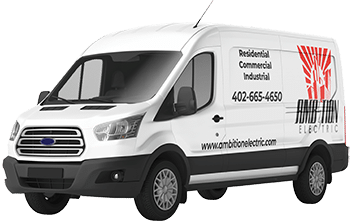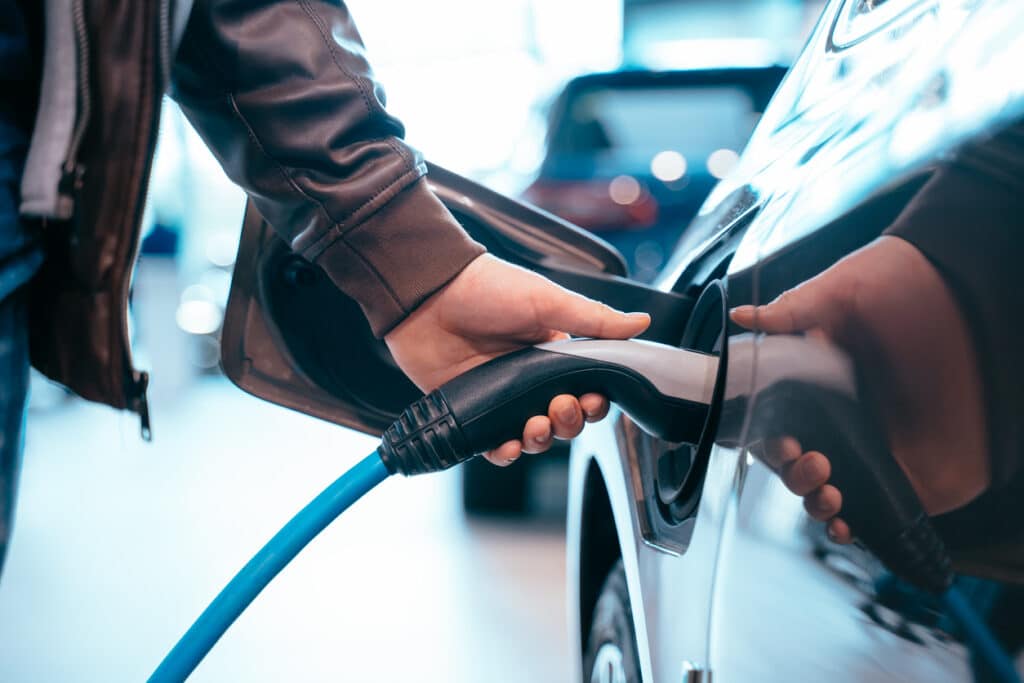Rising electric vehicle (EV) usage over the past few years has increased the need for at-home charging stations. While these convenient stations can make charging a breeze, they come with high electricity needs and heightened risks. To protect your home’s electrical security, it’s essential to count on a professional for all your residential EV installation and service concerns. Here’s what you can do to optimize your home’s EV safety.
Always Use the Correct EV Plug
The most widespread EV charging method involves a Level 1 or Level 2 station. Level 1 units require a standard 120V outlet. It often takes these stations around 40 hours to completely charge your EV’s battery. This type of station is best for those with limited daily driving needs. A Level 2 option can be hardwired or plugged into a 240V outlet. The overall charging time varies from around five to 10 hours.
Certain heavy-duty appliances in your home, like your clothes dryer, may use a similar outlet to a Level 2 EV charging station. While it may be tempting to plug into this outlet, you should only use the correct receptacle for your EV. To ensure the outlet is safe for constant use, you need a technician to upgrade it with specialized, high-grade materials. Using the wrong receptacle could cause harm to your station as well as the outlet.
Consider a Grounding System
EV grounding reduces the risk of an electrical outlet failure. It’s a vital safety feature for all electricity-based systems. Grounding your EV charging station involves creating a safe, low-resistance path for an electrical current to reach the ground. This prevents it from returning to its source where it could inadvertently result in a short circuit or blown fuse. A certified EV technician will be able to assess your charging station’s current grounding systems and make upgrades if necessary.
Avoid Overloading
Using outdated or damaged wiring can lead to unsafe charging conditions. To manage potential electrical risks, always use a dedicated ground fault circuit interrupter. This helpful protection will cut the flow of power in the event of an overload. It’s also best to work with an expert who can ensure your charging station meets local building and fire prevention regulations.
Our technician will evaluate your cable ratings, charger height and emergency shut-off. They may also recommend hardwiring the system rather than opting for a plug-in option. Hardwiring is the most common practice for Level 2 EV charging stations. It significantly reduces the chances of outlet failure and other safety risks.
To make the most of your EV charging station, keep in mind its advanced electrical and safety requirements. Contact Ambition Electric now for premier EV charger services in Lincoln, NE.




